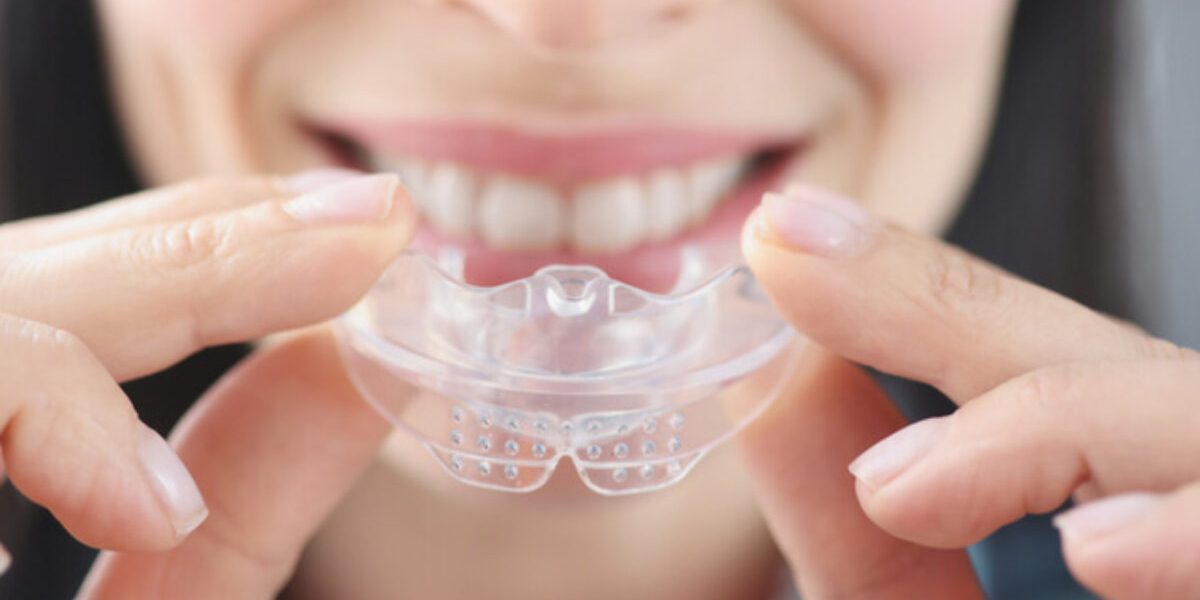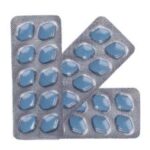A mouthguard is an essential protective device, whether you wear it for sports, sleep, or medical reasons. But like any item that goes in your mouth daily, it requires proper care to stay clean, effective, and safe. Neglecting basic hygiene can lead to bacterial buildup, bad odors, and even oral infections. Whether you’re using your mouthguard for bruxism, athletics, or both, maintaining it well is just as important as choosing the right one. For those using mouthguards in Dubai, proper cleaning and care ensure the longevity of your device—and your dental health.
Daily Cleaning Routine:
Your mouthguard should be cleaned every time you use it. Daily cleaning removes bacteria, saliva, food particles, and plaque that accumulate during use. A quick rinse isn’t enough—thorough cleaning is key.
How to clean your mouthguard daily:
-
Rinse the guard with cool water immediately after use
-
Gently brush it with a soft toothbrush (no toothpaste)
-
Use mild, alcohol-free soap or dish detergent
-
Rinse thoroughly and let it air dry before storing
Avoid hot water, as it can warp the shape of custom or boil-and-bite mouthguards.
Deep Cleaning Once a Week:
In addition to daily cleaning, a more intensive cleaning once a week helps eliminate deeper-set bacteria and stains. This is especially important if you wear your guard every night.
Deep cleaning methods include:
-
Soaking in a denture cleaner or effervescent tablet solution
-
Using a mixture of water and white vinegar (50/50) for 30 minutes
-
Soaking in a hydrogen peroxide solution for a few minutes
-
Using mouthguard-specific sanitizing sprays or UV sanitizers
These methods can reduce discoloration, remove odor, and prevent bacterial buildup over time.
Proper Storage Techniques:
How you store your mouthguard when not in use directly impacts its cleanliness and durability. A poorly stored mouthguard can attract dust, bacteria, and mold—especially if it’s kept in a closed case while still wet.
Best storage practices:
-
Always store in a ventilated container with holes
-
Ensure it is completely dry before placing it in the case
-
Keep the case clean and dry—wash it weekly
-
Avoid leaving the guard in direct sunlight or hot areas (e.g., in your car)
Proper storage protects the shape of the guard and extends its usability.
Signs Your Mouthguard Needs Replacing:
Even the best-cared-for mouthguards don’t last forever. Over time, they may become less effective or harbor bacteria that are difficult to remove. Recognizing when to replace your guard is critical.
Replace your mouthguard if you notice:
-
Cracks, tears, or holes in the material
-
Persistent odors that don’t go away with cleaning
-
Warping or changes in fit
-
Rough or jagged edges that irritate your mouth
For athletes or heavy grinders using mouthguards in Dubai, replacement might be needed more frequently—every 6 to 12 months depending on usage intensity.
Avoiding Common Cleaning Mistakes:
Cleaning a mouthguard seems simple, but many people make mistakes that damage the device or reduce its hygiene. Being aware of what not to do is just as important as following best practices.
Mistakes to avoid:
-
Using toothpaste, which can be too abrasive
-
Cleaning with bleach or alcohol, which can degrade the material
-
Skipping drying before storage
-
Sharing your mouthguard with others (never recommended)
Correcting these errors helps maintain a clean and functional device for daily use.
Using the Right Cleaning Tools:
Not every toothbrush or cleaner is suitable for your mouthguard. The right tools ensure thorough cleaning without damaging the material or compromising the fit.
Recommended cleaning tools:
-
Soft-bristled toothbrush (separate from your regular brush)
-
Non-abrasive, alcohol-free cleaners
-
Mouthguard sanitizing tablets
-
UV sterilizing case (optional but effective)
Always follow manufacturer or dental guidance to ensure compatibility with your specific type of guard.
Hygiene Tips for Travel:
If you’re traveling with your mouthguard—whether for sports, work, or vacation—maintaining your cleaning routine is still essential. Portability shouldn’t compromise hygiene.
Travel hygiene tips:
-
Pack a ventilated, hard-shell mouthguard case
-
Bring a travel-sized soft toothbrush and gentle soap
-
Rinse and dry your guard after every use, even on the go
-
Store separately from shoes, toiletries, and other bacteria-prone items
Frequent travelers using mouthguards in Dubai or abroad should also consider having a backup guard in case one gets lost or damaged.
Consulting a Dental Professional:
Even with proper care, your mouthguard should be checked by a dentist during routine exams. Dental professionals can assess whether the guard is still fitting correctly and provide deeper cleaning if needed.
Dental check-up benefits include:
-
Evaluation of wear and tear
-
Adjustments for changing bite or dental work
-
Professional cleaning with specialized equipment
-
Advice on improved care techniques
Routine evaluations ensure your mouthguard remains protective and comfortable.
Final Thoughts
Caring for your mouthguard is a small effort that pays off in comfort, protection, and oral health. From daily brushing to weekly deep cleaning and proper storage, each step helps preserve your guard’s shape and hygiene. For individuals who rely on mouthguards in Dubai, consistent maintenance ensures your device lasts longer and performs at its best—whether you’re on the field, at work, or asleep. Treat your mouthguard like the essential health tool it is, and it will continue to safeguard your smile for months to come.












